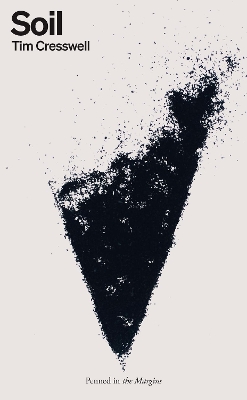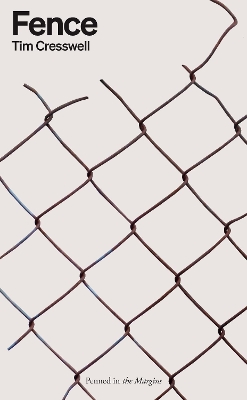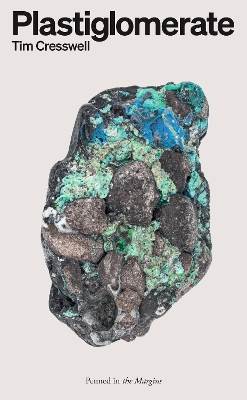Earthworks
3 primary works
Book 1
Geography and language collide in Soil, the debut collection of poetry by Tim Cresswell. His poems delight in the strange and are often situated at the cusp of the natural and urban worlds. A fox climbs to the top of a London skyscraper; municipal trees are displaced from their mountain habitats; sandworts take root in abandoned mine shafts; and geological time is glimpsed through the 'crushed structures' of the city. Cresswell is interested in hinterlands, the in-between places: airport lounges, urban parks, the muddy verge of a river. The title sequence is a startling examination of man's relationship with the very stuff of earth, redeploying the language of science and archaeology with surgical precision and an innovative flair. Already an acclaimed academic and human geographer, this book introduces Tim Cresswell as a significant new poet of place, and our changing relationship to it. Soil is a striking debut - rich, multi-layered, full of organic life and the compacted detritus of the city.
Book 2
Fence is an epic of fragments that is at once beautiful and beautifully strange. In his exploration of the vast, frozen Svalbard islands, poet and geographer Tim Cresswell has created a kind of travel poetry whose taut, minimalist lyric synthesises subjects as diverse as history, politics and Arctic ecology. Echoing the mournful atmospherics of the great Anglo-Saxon elegies, this book-length poem is a powerful meditation on places that are slipping away, where 'compass gone haywire / so north'.
Book 3
Plastiglomerate finds our world in the midst of environmental disaster: from plastic pollution and wrecked shipping to fires in the Amazon rainforest. Geographer-poet Tim Cresswell writes with the forensic eye of a professional, bending the hard vocabulary of science into a jagged but compelling lyric that telescopes from the vast to the cellular in the space of a line.
Plastiglomerate completes a trilogy of poetry books that examines mankind's impact on the earth; its central poem recycles the British folk ballad 'The Twa Magicians' to make an ecological protest song fit for the Anthropocene age. But among powerful depictions of the natural world under threat - from beached whales to lost birds - it is the humanity of Cresswell's imagery that wins through: leaf-blowers in surgical masks, blue nail polish, the biro 'leaking in the heat of my pocket'.
'Engaging and unsettling poems that tell it like it is, looking unflinchingly at environmental beauty and disaster. There is redemption here too, in the warmth of human relationships - while this is indeed a world of 'ruin and plunder', it is also a place 'full of love and sap'. A powerful and memorable collection.'
- Jean Sprackland
Plastiglomerate completes a trilogy of poetry books that examines mankind's impact on the earth; its central poem recycles the British folk ballad 'The Twa Magicians' to make an ecological protest song fit for the Anthropocene age. But among powerful depictions of the natural world under threat - from beached whales to lost birds - it is the humanity of Cresswell's imagery that wins through: leaf-blowers in surgical masks, blue nail polish, the biro 'leaking in the heat of my pocket'.
'Engaging and unsettling poems that tell it like it is, looking unflinchingly at environmental beauty and disaster. There is redemption here too, in the warmth of human relationships - while this is indeed a world of 'ruin and plunder', it is also a place 'full of love and sap'. A powerful and memorable collection.'
- Jean Sprackland


